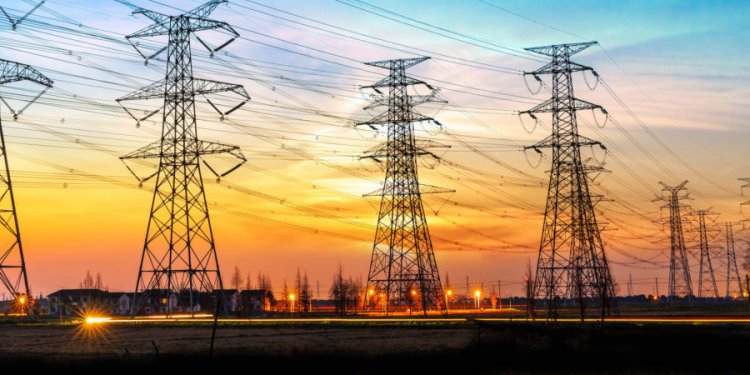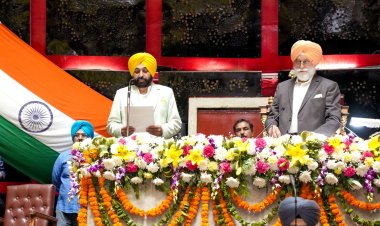Electricity Act amendment will hamper the revival of the domestic economy
The public sector power engineers have warned that the proposed amendment to the Electricity Act 2003 will hamper the revival of the domestic economy battered by the second wave of the Covid-19 pandemic.

Lucknow
The public sector power engineers have warned that the proposed amendment to the Electricity Act 2003 will hamper the revival of the domestic economy battered by the second wave of the Covid-19 pandemic.
In a letter to Prime Minister Narendra Modi, the All-India Power Engineers Federation (AIPEF) said the coming months will be crucial since the country’s economy is trying to recover from the second wave while there is a warning about another wave in October.
AIPEF represents about 1.5 million power engineers and employees in the central and state government electricity departments and undertakings. It has always been at the forefront to highlight issues of public interest pertaining to the electricity sector, especially in the backdrop of the participation of private sector companies in the power landscape.
“The electricity demand would be at maximum on account of agricultural demand being high, while at the same time the demand caused by hot weather conditions and increasing industry requirement also has to be met. The priority of hospitals and related demands would have to be ensured,” AIPEF chairman Shailendra Dubey mentioned in his letter urging the Centre to defer the proposed tabling of Electricity (Amendment) Bill 2021 in the coming monsoon session of Parliament.
“…(T)rying to rush through amendments to the Electricity Act 2003 would cause far-reaching harm resulting from hasty decisions without adequate analysis or consideration,” he warned.
He demanded the central government should defer the proposed amendment for at least six months, and first hold detailed talks with major stakeholders, viz consumers and power employees/engineers. AIPEF has suggested the government to first take all the stakeholders in confidence and then put the draft amendment bill in the public domain.
Since electricity is a concurrent subject under the Constitution, the exercise to amend the Electricity Act 2003 by excluding stakeholders would run contrary to the statute itself.
“Even after rushing through the process of obtaining comments/feedback, the Centre was unable to proceed as it had to engage in dealing with the pandemic along with the affected states. The Federation had raised this issue at the very beginning by seeking a period of six months on account of the prevailing crisis,” Dubey claimed.
He asserted that instead of reviewing the performance of the Electricity Act 2003, legislative changes are being made on an ad hoc basis to suit vested interests. “Such measures may cause more damage than good. There should be sufficient debate on the Electricity (Amendment) Bill 2021, in the public domain before placing it in Parliament.”
(Virendra Singh Rawat is a Lucknow-based financial and economic journalist.)



 Join the RuralVoice whatsapp group
Join the RuralVoice whatsapp group









































